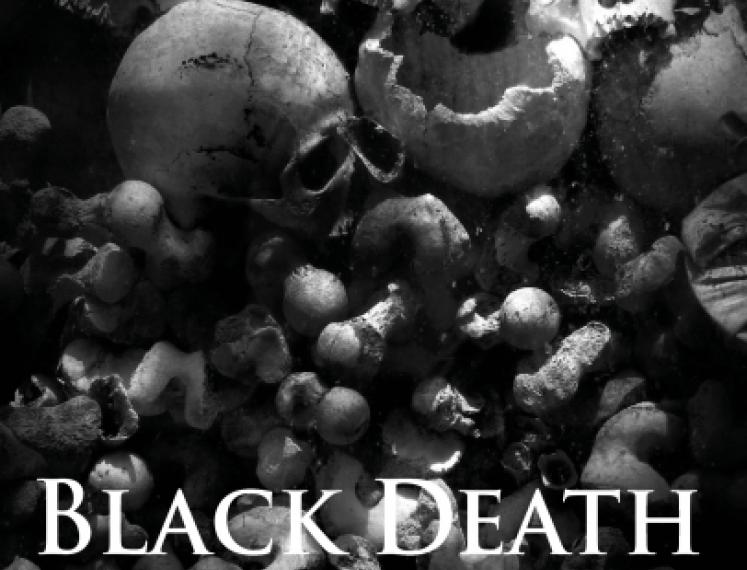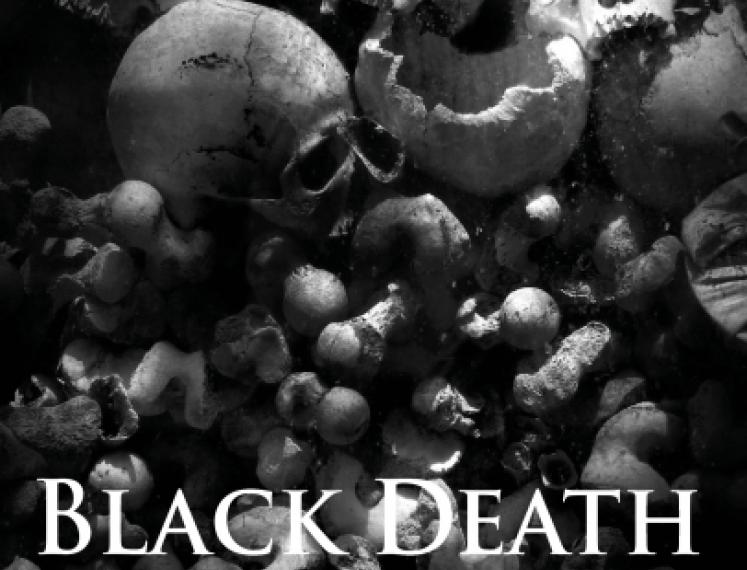Academiegebouw
Broerstraat 5
Groningen
Nederland
Ancient Pathogen Genomics
Infectious diseases have plagued humanity for millennia. Pathogen DNA present in fossil human remains provides direct insights into the origin, cause, spreading and evolution of major human infectious diseases, e.g., tuberculosis, plague or leprosy. Using the DNA of these fossils, it is even possible to reconstruct complete genomes from ancient pathogens and study evolutionary changes that are potentially involved in host adaptation or changes in pathogenicity. In addition, human genomic regions relating to disease susceptibility and immunity can be characterized in the skeletal material in order to observe the direct effect that pathogens have made on the genetic makeup of human populations over time. The results will allow a multidisciplinary interpretation of historical pandemics that have influenced the course of human history and provide priceless information for the field of history, evolutionary biology, anthropology as well as medicine and may have direct consequences on how we manage emerging and re-emerging infectious diseases in the future.
Johannes Krause is an Evolutionary Geneticist specialized in research on ancient DNA from human remains and historical pathogens. He pioneered research on nuclear DNA of Neandertals, found the first genetic evidence of a fossil human form that was named Denisovan after the place of discovery. He furthermore pioneered genome-wide analysis of ancient pathogens by deciphering the genome of the causative agent of the Black Death. He is Professor at the University of Tübingen and was appointed in 2014 to be founding director of the Max Planck Institute for the Science of Human History.




